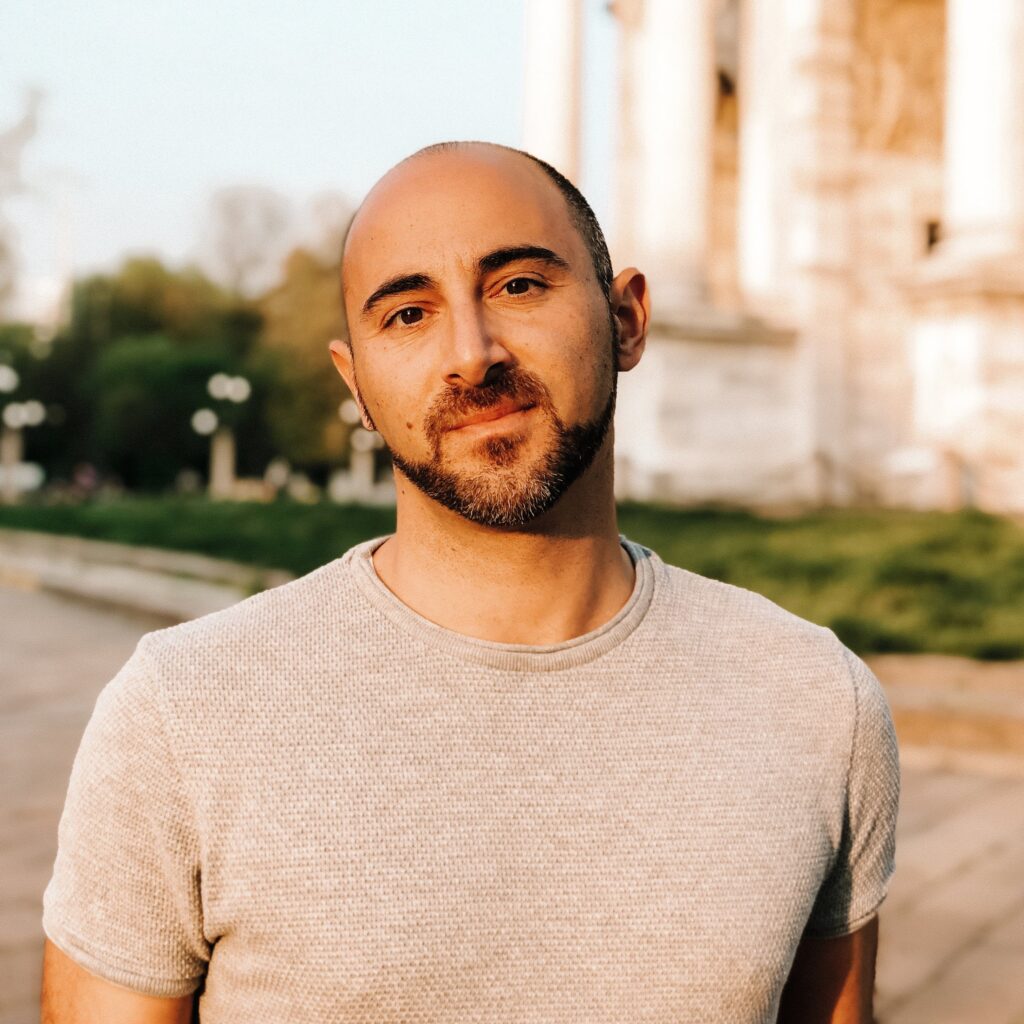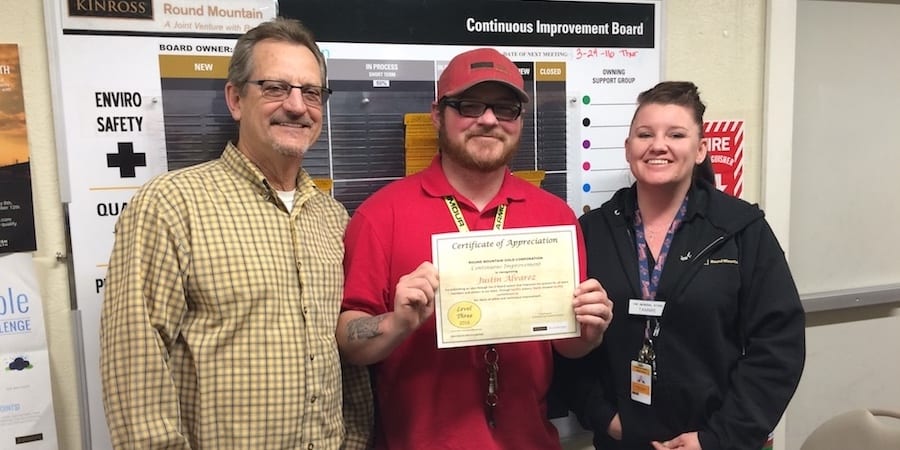
The year that was
ROUND-UP – In his annual review of the best content we published, our editor looks back at 2022 and what this year was like for the Lean Community.
Words: Roberto Priolo, Managing Editor, Planet Lean
It is now a tradition that, at the end of every year, I look back at the past 12 months’ worth of Planet Lean content and reflect on what it says about our Lean Community.
This year will be hard to forget. After slowly leaving Covid-19 (or at least the fear of it) behind, the world has been plunged into a new phase of uncertainty with the Russian invasion of Ukraine, a crippling energy crisis, rising inflation, and more supply chain disruption. These complicated circumstances worry business leaders around the world, which encouraged us at the Lean Global Network to focus this year’s Lean Global Connection on this very topic. During the November event, which was a great success, we have had a chance to hear from countless organizations that are leveraging Lean Thinking to turn the current crisis into an opportunity for learning and growth. (All presentations are available here.)
To me, Lean Thinking is the philosophy of optimists. We lean thinkers are deeply convinced that better ways of working and, therefore, better outcomes are always within reach – no matter how difficult the circumstances. We believe that lean provides a way to achieve prosperity for more people and that prosperity leads to peace. Indeed, lean is a force for peace, not to mention a beacon of hope when all we see around us is darkness.
Ask our friends in Ukraine, whose incredible courage and resilience are an example to us all. The Lean Global Network’s affiliate in the country, for example, has never stopped working, supporting organizations through incredibly difficult adjustments and unimaginable hardship. If you are looking for some inspiration, check out these stories from Ukraine, where our colleague Serhii Komberianov talks about the spirit of the Cossack encouraging Ukrainians to fight on and how lean is helping the country’s businesses stay afloat. (If you want to donate to help support our colleagues in Ukraine and their families, you can do so here. We have already raised over $150,000).
We lean thinkers also believe that, with learning at the heart of our way of thinking and acting, the experience we gain and the knowledge we harvest today bear the promise of a better tomorrow. In this 2022, from what I have seen through my work as editor of Planet Lean, the best example of this has probably been healthcare. This is hardly surprising, after a two-year pandemic. Covid has shocked us, but also taught us a lot – as Jim Womack reminded us here. Lean organizations have been able to take that learning and turn it into new experiments and even innovation. Take the case of South Australia, where a lean-from-the-start virtual care system has been launched to provide faster care to patients while easing the pressure on Emergency Departments. Read the case study here.
This is not the only example. Healthcare organizations seem to have come out of the worst of the pandemic with a renewed desire to design new and better approaches to providing care. Here in Catalonia, for instance, years and years of yokoten across the regional healthcare sector have eventually led to a wonderful experiment to bring Lean Thinking to the region’s 373 primary care units (more on this here). A similar initiative is taking place in São Jose dos Campos, Brazil, where the city government is leveraging the experience of pioneering Instituto de Oncologia do Vale and the lean work going on across the healthcare sector to bring wide-spread change. I believe these are incredibly interesting initiative, which can set the scene for systemic change in healthcare going forward (stay tuned for more).
Of course, healthcare is not the only industry in which lean experiments have been run with great results. We have published several great cases from around the world this year, including:
- A Chilean agrobusiness that relied on the power of standardization to turn its process around.
- A former IKEA store operations manager trying to draw a leaner path for the global organization.
- An Italian software company finding in lean the cultural foundations that could enable their transformation into a more agile business.
- A transportation and logistics company in Colombia that turned to Lean Thinking to become more adaptive and facilitate the integration of new cultures following acquisitions.
- The story of how GE brought lean into the Finance department and how this area is now a key driver for change in the multinational organization.
2022 has also been a year of new lean books. Among those Planet Lean has talked about, Raise the Bar, by Michael Ballé, Nicolas Chartier, Guillaume Paoli and Régis Medina, The Collaboration Equation by Jim Benson, and The Power of Process (by Eric Ethington and Matt Zayko). Matt and Eric have also authored an interesting series on new process development, which you can find here. Indeed, lean thinkers are a prolific bunch (we have published 92 new articles on PL this year alone), which tells me that our community continues to have a lot to say.
But we still have a lot of ground to cover. As we get ready to bid farewell to 2022 and ring in a new year, it is inevitable to ask ourselves, “What can we do better, as a community?” Lean organizations are still a minority (for an interesting look into why this might be, check out this article by Michael Ballé) and it is critical we persevere in our efforts to “convert” more and more people and organizations to this philosophy. A leaner world is a more prosperous world, and a more prosperous world is a more peaceful world… isn’t that a good enough reason?
With so many crises looming large, our community has an obligation to contribute to the debate and offer its opinion. We now know that lean applies to every human endeavor, but until now we have refrained from exploring ways in which it can help tackle systemic problems, like the climate crisis, poverty, the uncontrolled expansion of our cities, hunger, and so on. I know, I know… we are analytical people that are only comfortable with a full set of data in our hands, and not having a gemba to go to might seem like an unsurmountable obstacle to any improvement. I am firmly convinced, however, that it shouldn’t prevent us from imagining what a leaner world would look like. Lean has a voice and it’s about time we dared more when using it.
Let me take this opportunity to thank you all, dear readers, for choosing us as a source of lean knowledge and inspiration. It’s an honor for me (and, indeed, the whole LGN) to serve this Community, and I appreciate every single one of you. I would also love to hear from you, so feel free to reach out on editor@planet-lean.com if you want to publish your story on PL or simply provide feedback.
Until then, Happy Holidays to those who celebrate and Happy New Year to you all! See you in 2023!
THE AUTHOR

Read more


FEATURE – What is the key to improving the front-line construction work? Our lean construction coaches pull their experience together to shed a light on the subject.


FEATURE – The Continuous Improvements Boards at the Round Mountain mining site have been critical to shifting the company's culture... the secret, it turns out, is always providing feedback on people's suggestions.


FEATURE – The ER of this Catalan hospital is finding great value in the application of Lean Thinking, which has already led to a dramatic change in its processes and to better care for patients.


ARTICLE - How can creativity and standards coexist? How do we move beyond silos? How do we fully understand the voice of the customer? Dan Jones reflects on three key questions for the lean movement.

